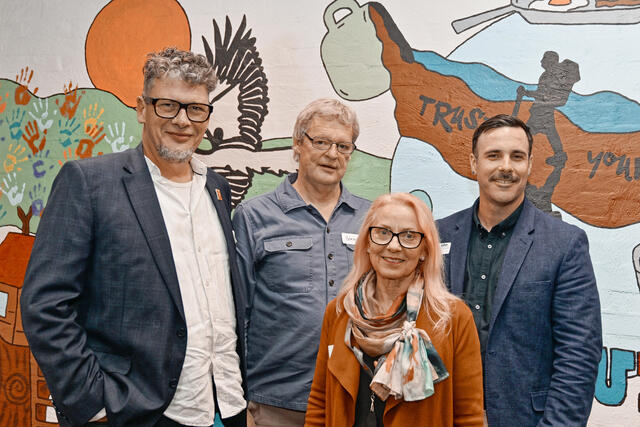Two new trial homelessness support services are coming to Geelong next month to help people access health and wellbeing support.
Western Victoria Primary Health Network (WVPHN) launched its Homelessness Access Program on September 25 to help improve access to primary health care, with 12-month trial services starting in early October.
Chief executive Craig Wilding said it was important to remove barriers and reduce stigma for people experiencing or at risk of homelessness to seek support.
“We know that overcoming barriers to provide even basic healthcare is so important to improving people’s health, wellbeing, and self-esteem,” he said.
Neami National will also expand its Towards Home+ Assertive Outreach service as part of the program, including a community nurse and community rehabilitation and support worker.
Chief executive Tom Dalton said people experiencing homelessness were “more likely to experience significant physical health challenges”.
“We can achieve more for those who experience disadvantage or experience homelessness when we work together, not when we work separately,” he said.
“This is a really great opportunity to think about how we can build supports around them to meet their needs and work with them on their goals here and now in an integrated way.”
Neami National consumer Glenn McCausland said he first used the support service five years ago after he had been living on the streets and that he had already had multiple heart attacks by that time.
“Everything I’ve heard about this program so far is sensational… I just want to thank everyone very much for what they’re doing every day. I know I wouldn’t be if it wasn’t for them,” he said.
The trial will also see Meli employ a community nurse to help support young people aged 15 to 25 who access the not-for-profit’s Youth Homelessness services.
WVPHN, Neami National and Meli will work together throughout the 12-month trial to monitor the program.
Public Health Information Development Unit data in 2021 showed more than 1,500 people were sleeping rough in the City of Greater Geelong at that time.









